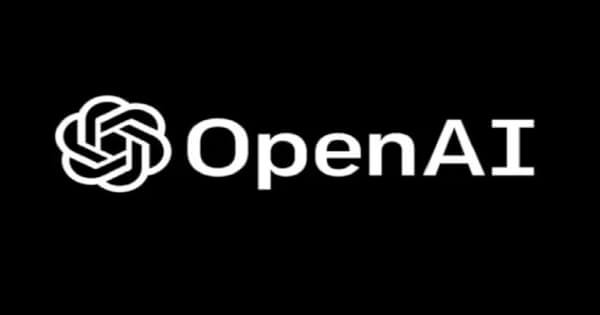OpenAI Shuts Down Covert Iranian Influence Operation Leveraging ChatGPT
Rongchai Wang Aug 17, 2024 09:56
OpenAI has taken action against accounts linked to a covert Iranian influence operation using ChatGPT to generate content on various topics.

OpenAI has recently taken decisive action against accounts associated with a covert Iranian influence operation. These accounts were utilizing ChatGPT to generate content for websites and social media, focusing on various topics, including the U.S. presidential campaign, according to OpenAI.
Details of the Operation
The operation involved the creation of content aimed at influencing public opinion on multiple fronts. Despite the sophisticated use of AI tools like ChatGPT, OpenAI noted that there was no significant evidence indicating that the generated content reached a meaningful audience.
OpenAI's Response
Upon discovering the operation, OpenAI moved swiftly to ban the implicated accounts. The company's proactive stance underscores its commitment to ensuring that its technologies are not misused for deceptive or manipulative purposes.
Broader Implications
This incident highlights the growing concern over the use of AI in influence operations. AI tools have the potential to generate convincing and large-scale content, making them attractive for such activities. The challenge for companies like OpenAI is to develop robust monitoring and response mechanisms to prevent misuse.
Related Developments
In recent years, there has been an increase in reported cases of state-sponsored influence operations leveraging social media and AI technologies. Governments and tech companies are under pressure to collaborate more closely to detect and mitigate such threats effectively.
OpenAI's decisive action against the covert Iranian influence operation serves as a critical reminder of the ongoing battle against misinformation and the misuse of technology in the digital age.
Image source: Shutterstock.jpg)
